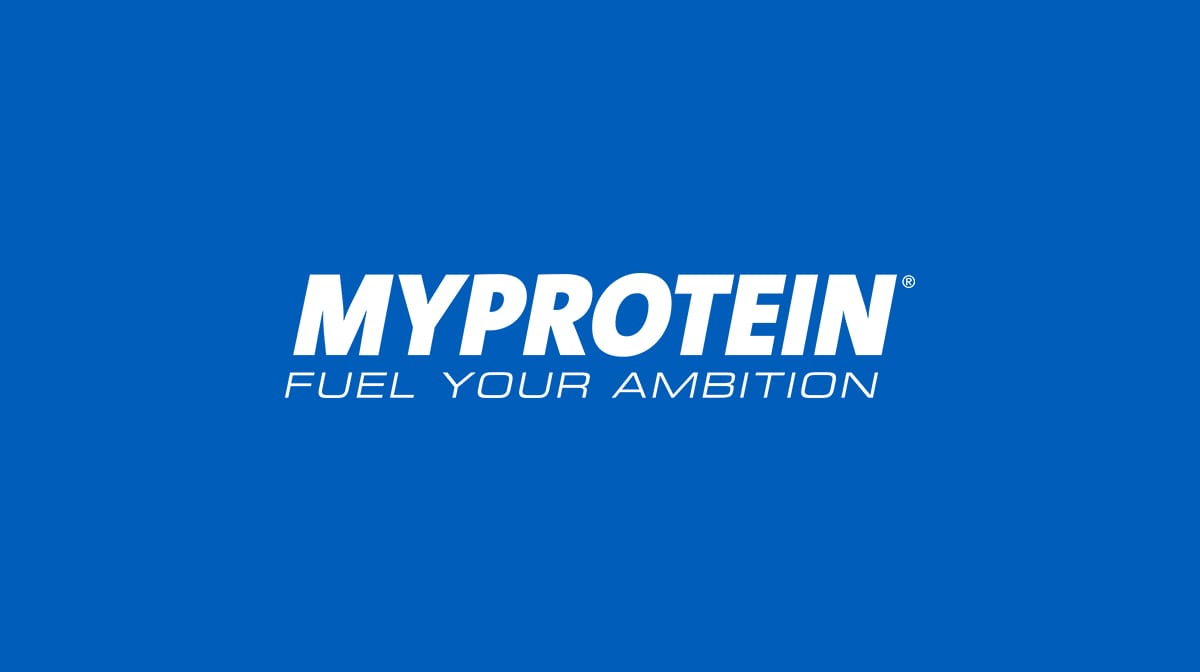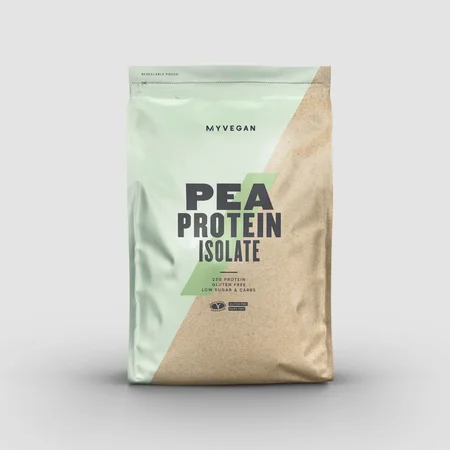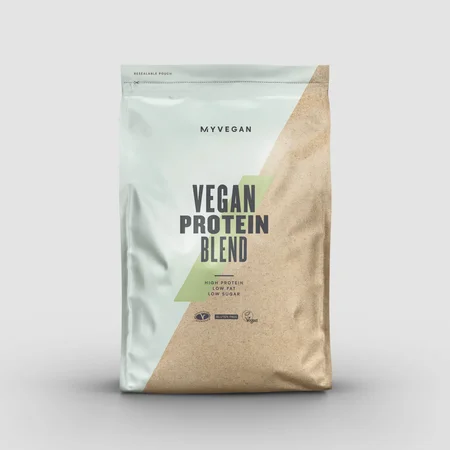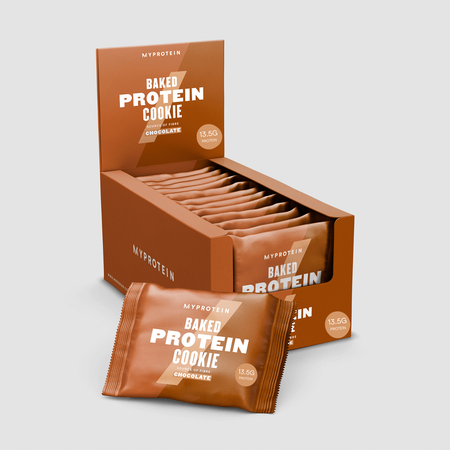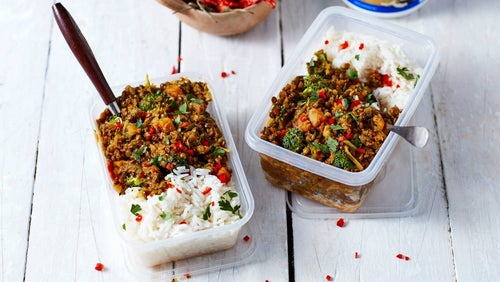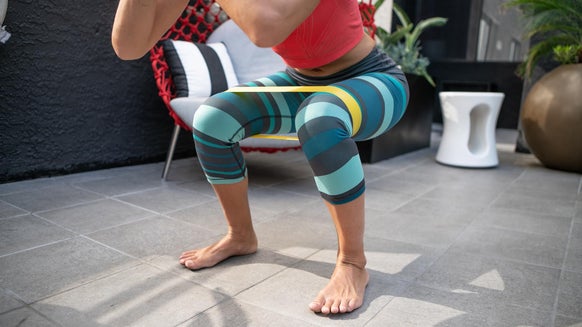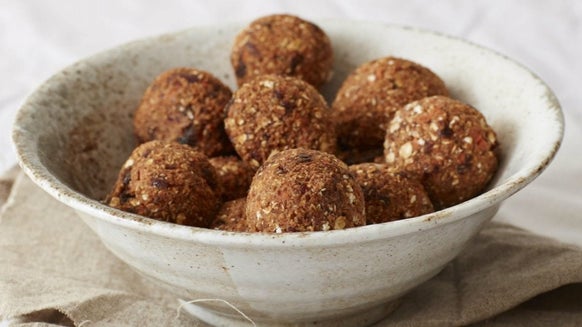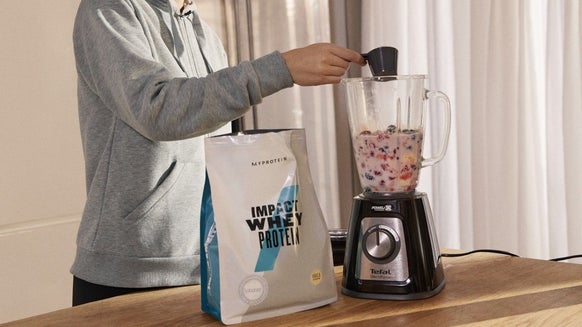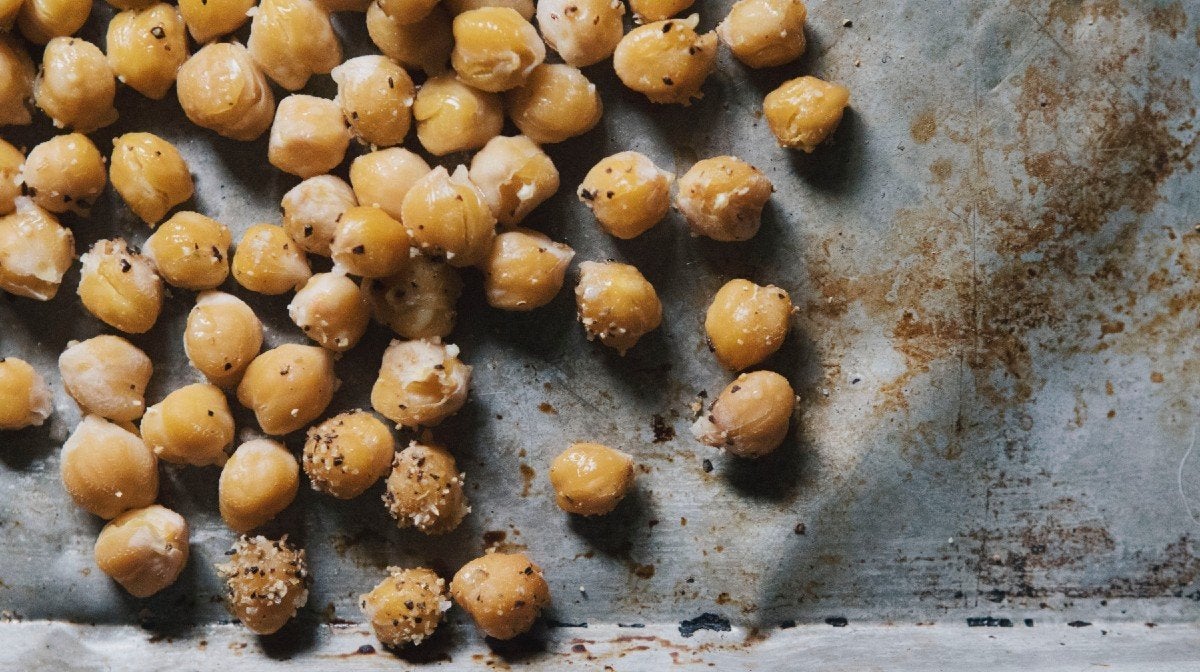
Ditching the meat and dairy, but not sure you'll meet your protein requirements? Stop worrying, right now. There are plenty of plant-based sources of protein for you to sink your teeth into. We've listed a few to get you started.
1. Quinoa
Quinoa (pronounced keen-wah, for the record!) is arguably one of the greatest protein (and carbohydrate) sources for vegetarians and vegans. It's couscous-like consistency makes it highly versatile for use in salads, casseroles and even breakfast bowl recipes.
Quinoa is also high in iron, fibre and magnesium, which makes it the perfect wholefood.
2. Chia Seeds
Chia seeds have grown in popularity as of late, due to their high omega-3 content — higher than any other plant-based food. Their consistency when mixed with liquid makes them excellent in recipes, especially as a substitute for eggs.
They are also packed with iron, zinc, and calcium, as well as lots of antioxidants. Check out these 3 chia pudding recipes for inspiration.
3. Soy
Soy beans are a great addition to any salad, recipe and are great to snack on too. There are lots of products derived from soy beans, such as tofu, tempeh, and edamame beans.
It's one of the greatest sources of protein for vegetarians and vegans and is often also used in protein shakes.
4. Beans
There are dozens of varieties of beans, from black beans, to pinto beans. They make an excellent salad, and can be combined with other food such as rice to make a tasty dish high in protein and complex carbs.
5. Hempseed
Hempseed is an excellent source of protein, high in magnesium, zinc, iron and calcium. It contains large amount of all nine essential amino acids, as well as fatty acids such as omega 3
They are most commonly consumed in supplement form. The macro-nutritents for our Hemp Protein are:
6. Nuts
Nuts, such as almonds, peanuts, cashews etc. are all excellent sources of protein. They can also be bought in the form of nut butters.
The macro-nutrients for peanuts are as follows:
7. Chickpeas
Chickpeas are highly versatile legumes, packing essential amino acids with a high protein content.
They are also used to make hummus, which is a great topping/dip for any snack.
8. Green Peas
Great tasting, one of your fruit and veg additions and low in calories. They don't have as much protein as some of the other items on the list, but for a vegetable, they have excellent macronutrient ratios:
9. Vegetarian/Vegan Supplements
Many of the protein sources listed here can be bought in supplement form, soy & pea protein etc. These offer a higher protein content than the raw forms, and are quick, easy and convenient to consume.
A tasty and convenient way to get your protein in, our Vegan Blend made from pea and faba bean isolate comes in 5 delicious flavours, including chocolate and turmeric latte. The macro-nutrients are:
Take Home Message
You don't have to be a lean, mean, chicken eating machine to make gains today. There are so many vegan protein sources and so many recipes to help you find meals you love using them.
Train up your chef skills and implement a few of these high protein sources into your meals, and make the ve-gains of your dreams.
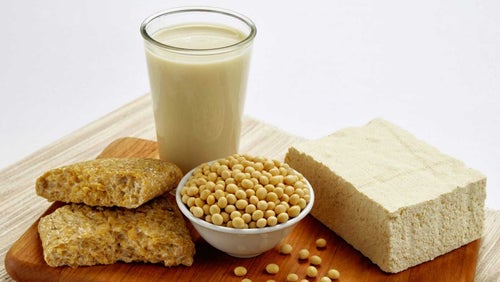
Soy Protein Health Benefits, Uses & Effects
What you need to know about this plant-based protein....
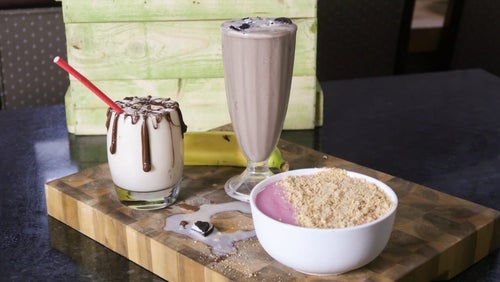
3 Pea Protein Recipes | Vegan Protein Shakes
